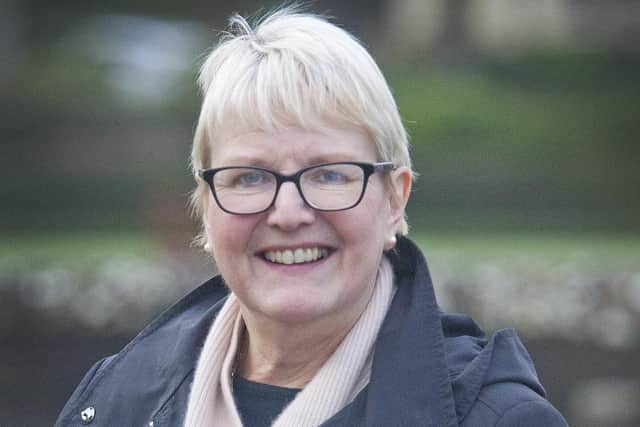Night support removal concerns


The Night Support Service, operating from 10pm to 7.30am, currently provides planned care and support through the night and may include safety checks, assistance to bed and to the toilet.
Now plans have been revealed to replace that service where appropriate with the introduction of alarms, bed sensors and door activation monitors and by a change in shift patterns to 8pm to midnight and 6am to 10am to negate the need for overnight continence support.
Advertisement
Hide AdAdvertisement
Hide AdA recent Pathfinder trial of this approach proved successful in Peebles and now it is proposed to roll it out across the region.
Councillors gave the go-ahead for a full consultation on the plan with service users and members of the public earlier this month.
But Hawick and Denholm Councillor Clair Ramage said any change should not impact negatively on care provided to the elderly and vulnerable.
And she raised the particular concerns of one service user who relies on night support staff.
Advertisement
Hide AdAdvertisement
Hide AdShe said: “He said that not only had service users been kept in the dark but there had also been a lack of engagement with SB Cares staff.
“He says night support workers have seen a valued service run by an extremely competent and motivated team dismantled without adequate explanation of the proposed alternative, consequently these workers are demotivated and discouraged.
“He said that he can not lay in bed for eight hours without the risk of developing pressure ulcers and therefore requires a late evening visit.”
Councillor David Parker, executive member for Health and Well-being, said: “We have piloted this in Tweeddale and it has worked very successfully. This is a change in the service because of the use of assisted technology, but any savings will go into front-line care and will improve services in that particular area, so it is absolutely right that we consider this proposal.
Advertisement
Hide AdAdvertisement
Hide Ad“The service can be delivered in a different way more effectively and the money will be reinvested to improve care, so this is a good news story.”
Five Adult Social Care staff currently provide night support to approximately 70 Home Care Services users across the Borders, at the cost to the council of £594,295 per annum – approximately £8,489 per service user.
A report to the full council, from Julie Glen, the local authority’s Adult Social Care operations director, says: “The Pathfinder has shown that in many cases a physical visit is not actually required, or that care could be provided by a twilight shift. There was no increase of risk or accidents due to the removal of the physical visit.
“Service users have reported that they benefit from no staff disturbance through the night. Families were supportive of the change with no complaints or concerns during the Pathfinder.
Advertisement
Hide AdAdvertisement
Hide Ad“Although there was no physical staff during Pathfinder, as the staff were on standby, the Pathfinder has shown that the team could be removed if a small Rapid Response Team was in place.”
The report says that if the Peebles approach was duplicated across the Borders the saving would be in the region of £451,642.
In addition there would be an approximate £7,000 saving on fuel and a reduction in staff mileage of 13,000 miles.The report adds: “Many council areas such as Midlothian and East Lothian have replaced face-to-face night support with the use of Assistive Technology/Technology Enabled Care (TEC) solutions.“TEC has the ability to provide essential support using a person-centred approach; it gives increased choice and a sense of control to service users; improves service user safety by providing constant monitoring rather than a time-limited face-to-face visit and allows for an immediate response in the event there is a serious concern with a service user in need of urgent assistance.”